How good malaria control can impact wider disease control – MENTOR’s statement on World Malaria Day

“On World Malaria Day, we need to recognise and understand how good malaria control can also positively impact wider disease control, in countries with the highest disease burden where people are suffering the most,” says Richard Allan, The MENTOR Initiative CEO. “Investing in an integrated vector management approach to control malaria in countries with the […]
World Health Day 2023
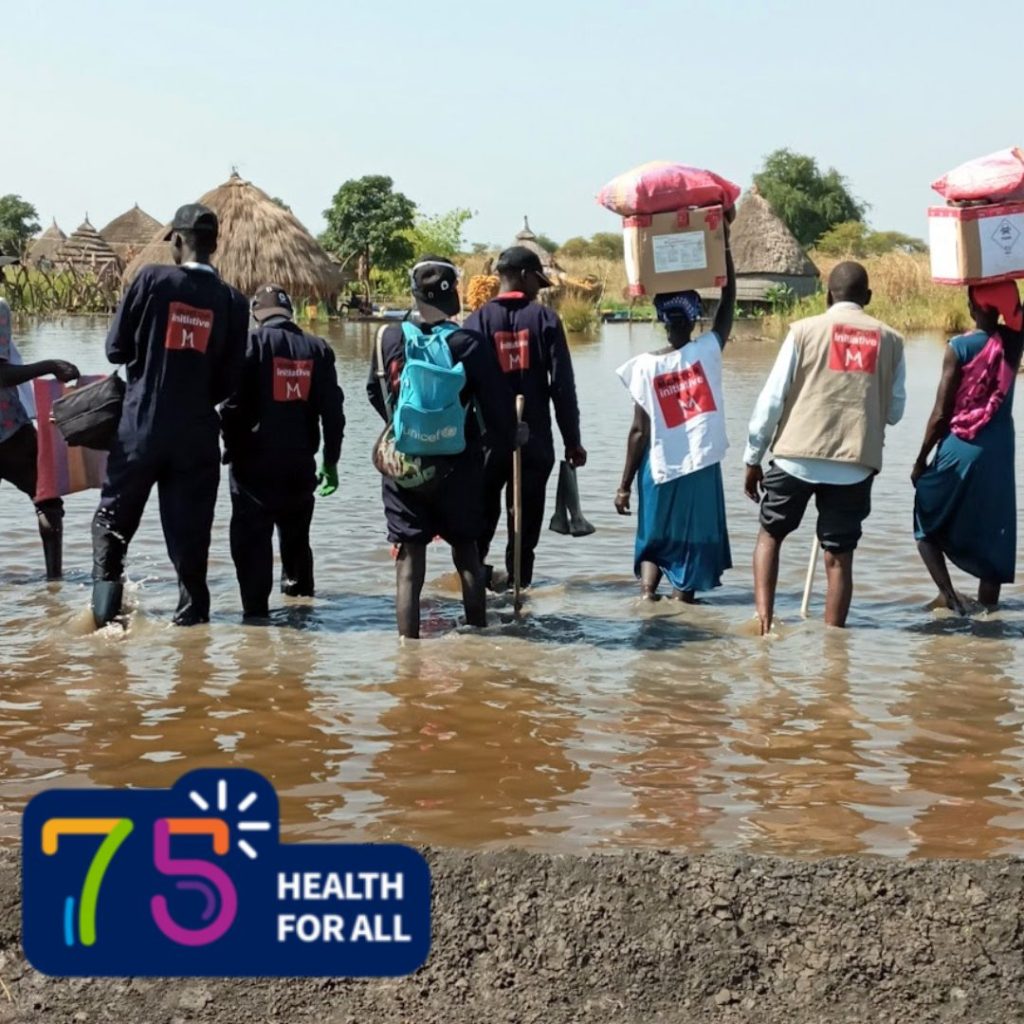
MENTOR works in countries with the highest disease burden and where millions of people are at risk of sickness and death. In these complex humanitarian crises, innovative and integrated solutions help to ensure health really is for all. Some of the ways we deliver healthcare and disease control to hard-to-reach populations: For more details please […]
Making water truly safe: WASH and the risk of vector-borne diseases in urban settings

The MENTOR Initiative urge immediate action to integrate disease control with water and sanitation, as the UN 2023 Water Conference gets underway today (22 March) to address the global water agenda. Otherwise, many millions of people living in densely populated urban settings are at risk of death and suffering from vector-borne diseases. Richard Allan, MENTOR […]
Community healthcare for women in Central African Republic
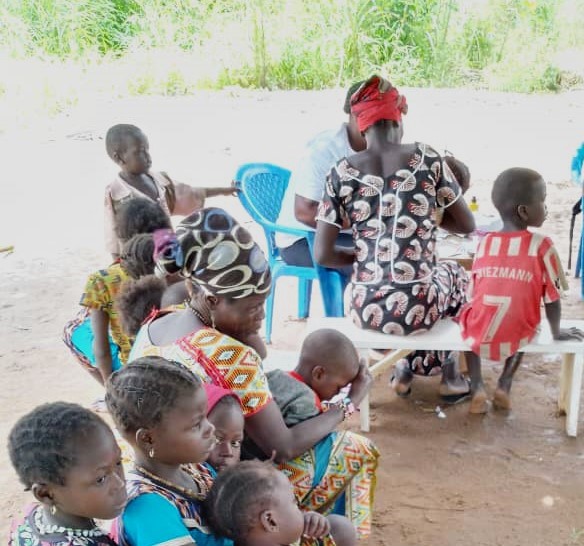
A network of women is providing essential health services to other women in their communities, in three of the most vulnerable and conflict affected prefectures in Central African Republic (CAR). Called Female Focal Points (FFP), it was formed after a study of Community Health Workers (CHWs) in 2016 found women were not always comfortable approaching […]
Malaria survey in Angola
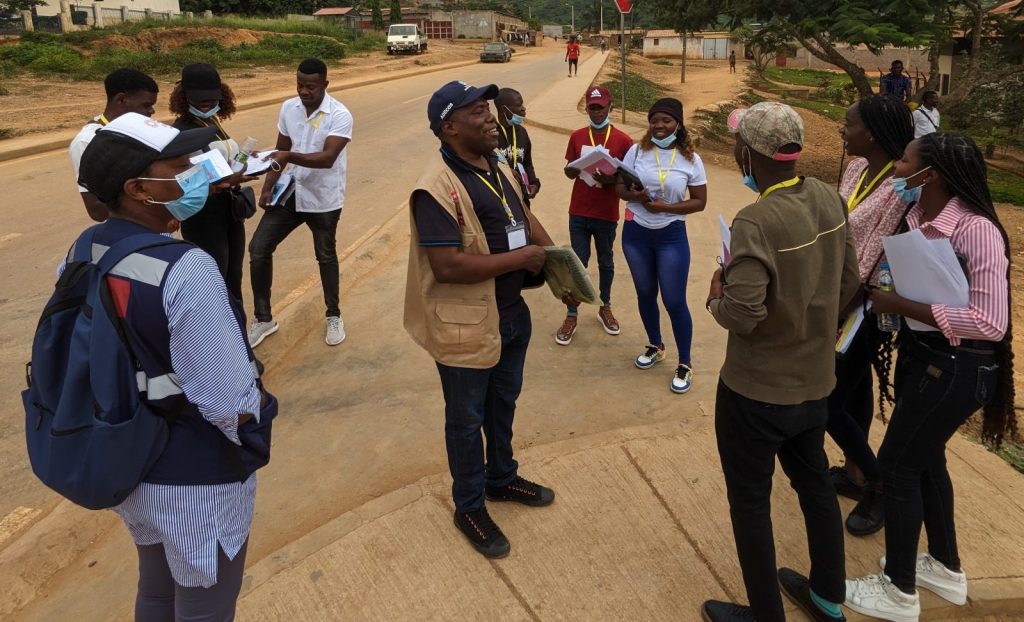
A survey to collect key data about malaria-related behaviours across three provinces in Angola will be conducted in 2,000 households over the next two months. Nearly 60 surveyors and supervisors have been trained to carry out the work. The training included theory as well as practical exercises in the field, to improve their understanding of […]
Results from trial of new malaria control tool published in Malaria Journal

Results from MENTOR’s trial of an innovative malaria control tool called Durable Wall Lining (DWL) have been published in the Malaria Journal. Analysis of the data from the trial in Liberia shows it has the potential to provide longer lasting, continuous protection from malaria. The material was found to be more effective than commonly used […]
Invasive vector found in Yemen IDP camps which has ‘significant consequences for malaria control’
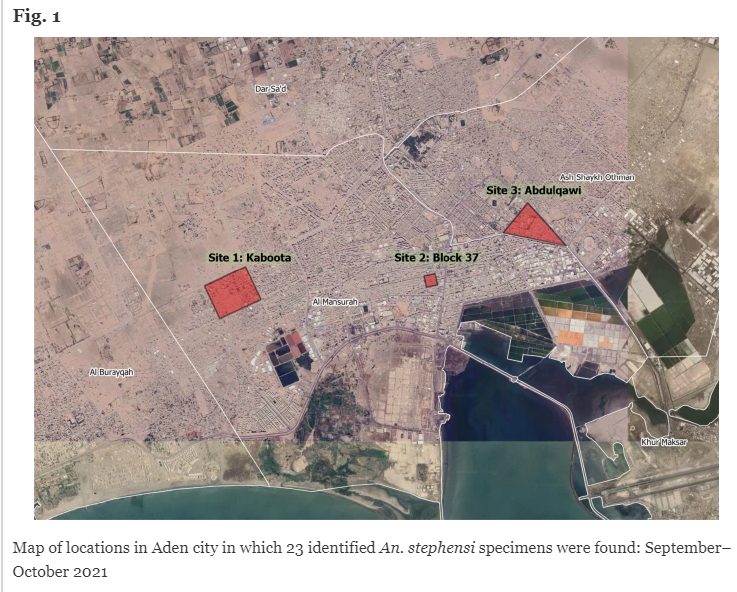
A MENTOR-led entomological study in Internally Displaced Persons camps in Aden, Yemen has confirmed the presence of Anopheles stephensi mosquito, which has significant consequences for malaria control and elimination within this vulnerable urban population. Published in the Malaria Journal the study carried out in 2021 details how An. Stephensi is being established in the region […]
Entomological surveillance training in Guinea Bissau
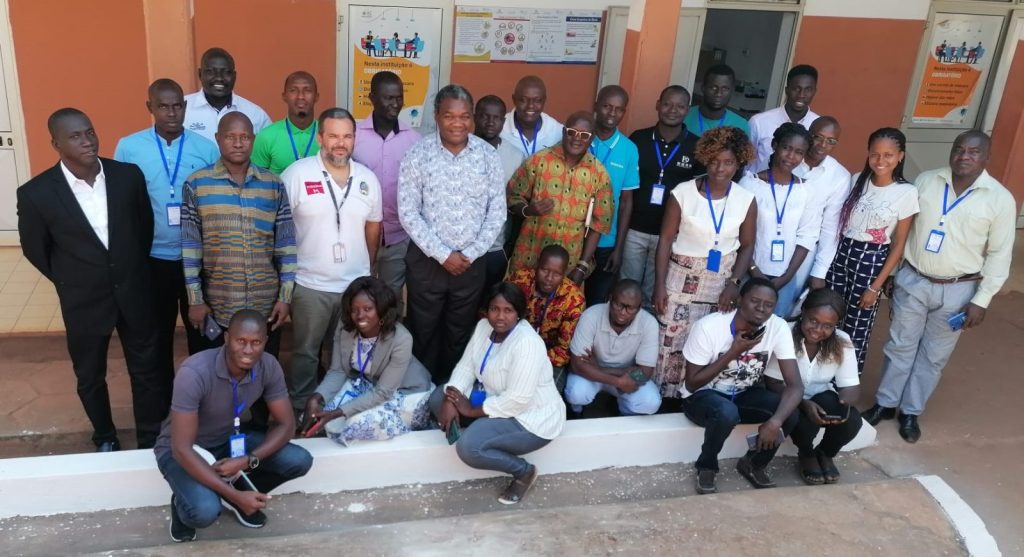
The MENTOR Initiative led a two-week training programme in key entomological surveillance skills at 21 focal points in Guinea Bissau during November. For the first time in its history, MENTOR has worked in Guinea Bissau to support a network of public health workers, who will lead efforts to monitor the malaria vector population of Guinea […]
New threat of malaria ‘not previously seen before’ highlighted in Lancet Global Health paper
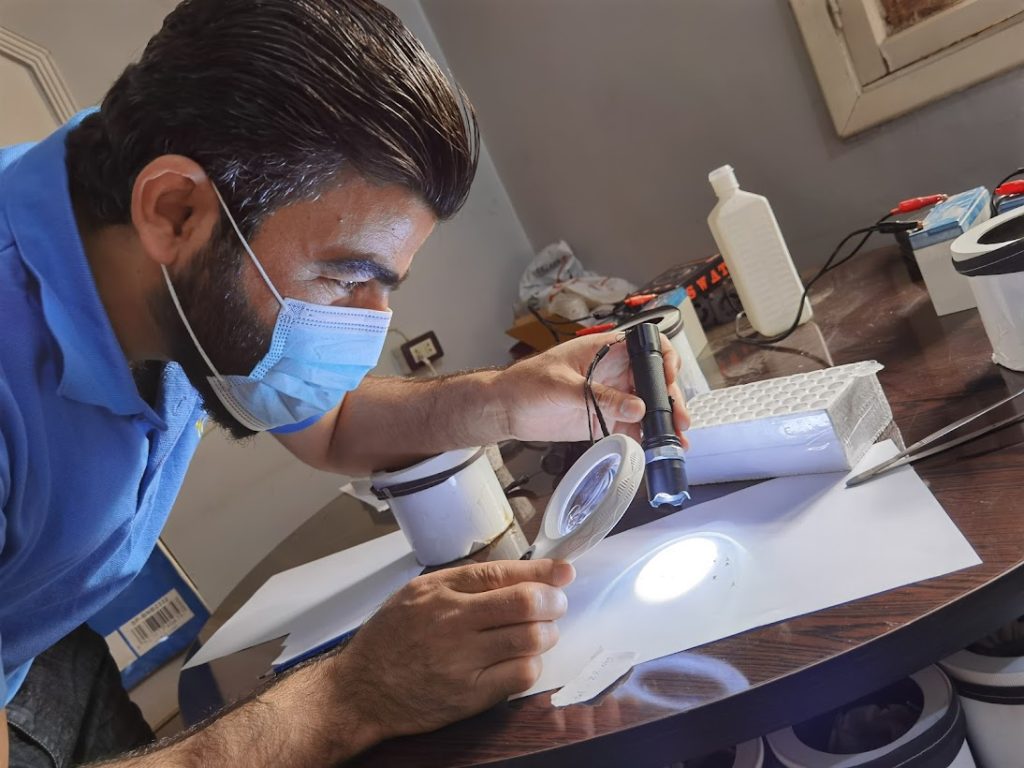
A paper published in The Lancet Global Health journal in November is sounding the alarm about the growing threat of malaria potentially spreading to countries where the disease is not typically endemic. The rapid increase in the population of an invasive species of mosquito Anopheles Stephensi across urban settings from east to west Africa, poses […]
The MENTOR Initiative 20th Anniversary
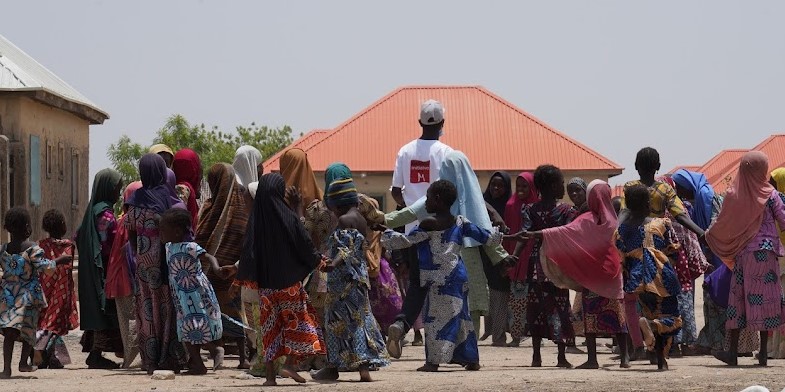
20 years ago today, Richard Allan founded The MENTOR Initiative to reduce death and suffering from tropical diseases in humanitarian crises. MENTOR was established to deliver emergency healthcare quickly and effectively in the most dire, complex situations drawing from Richard’s specialist knowledge and disease control experience. The first programme was researching the efficacy of Insecticide […]
